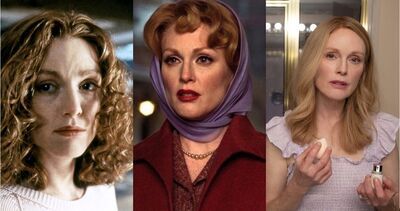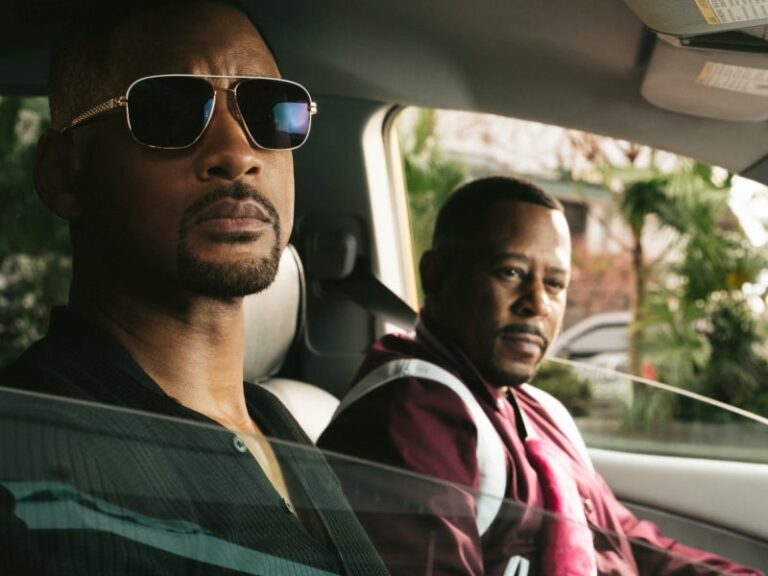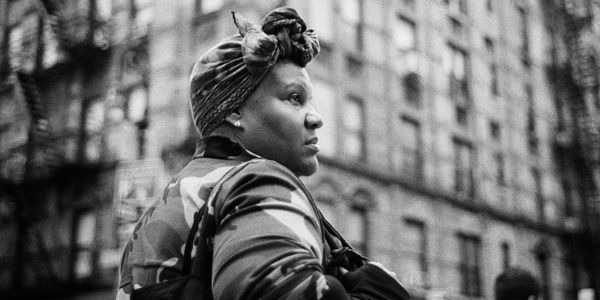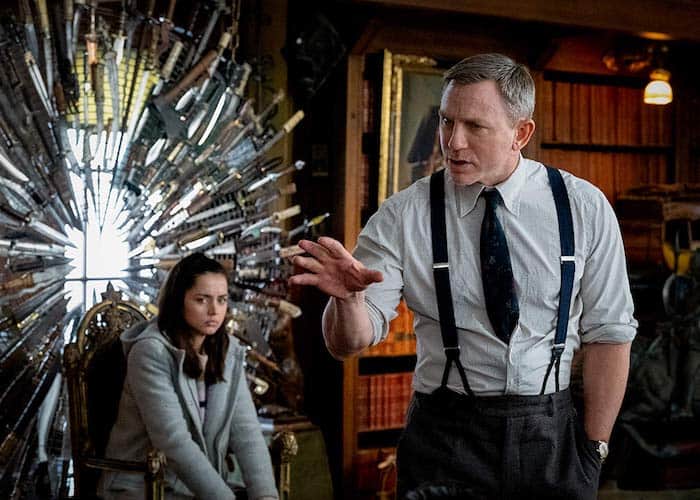Selling Yourself: SAVING MR. BANKS
It is inevitable that the famous sometimes have a hand in their own depictions in media. That is to say, from living figures, one can expect a level of involvement from a subject relating to their portrayal onscreen. For instance, the recent Rocketman, a fantastical retelling of Elton John‘s life and career, was initiated by the man himself. This makes sense, as prominent individuals may well want to take control over their own likenesses and reputations in the media.
For the extremely noteworthy, this agency extends beyond their death. Especially if their name binds one of the largest conglomerate media corporations in the world.
Protecting a Narrative
Disney’s 2013 film Saving Mr. Banks depicts the struggle between P.L. Travers, author of Mary Poppins, and Walt Disney himself. Disney plays the soft opposition to Travers as he manipulates the precious novel out of her hands and onto his screen.
The “soft” in “soft opposition” should be heavily stressed here. On a closer viewing of the film, one realizes that Disney is actually portrayed as a much more likable and virtuous character than Travers. Travers is shown as a sympathetic but repressed, controlling character whose past has made her cynical and unpleasant. Disney serves as a foil to her: a kind, compassionate man who doesn’t take himself too seriously. In this way, Disney is able to be a hero in the film while still technically serving as opposition to the protagonist.

The narrative drawn in this film involves Travers being forced to sell the rights to Mary Poppins out of financial necessity, and a sympathetic Disney cohort willing to accommodate her outlandish requests about the film. When the requests become too overwhelming, Disney proceeds to emotionally heal her in order to pry the novel from her grasp. Fulfilled, Travers steps away, and Disney creates a masterpiece (as always) which Travers and the rest of the world cannot help but love.
Are We The Baddies?
In what initially seems like a bold move on the producers’ part, Walt Disney is shown in Saving Mr. Banks with flaws he assiduously hid throughout his life. Notably, he is shown smoking behind closed doors. He is also fairly pushy toward P.L. Travers, and at points becomes frustrated with her, though he remains goodhearted throughout.
These superficial flaws are painted onto Disney in order to uphold perhaps a more insidious immaculacy. In showcasing a few little imperfections, the corporation of Disney decides what to show to make the man appear human, and what to leave out or brush off altogether in service of a larger untouchable illusion. He was a real person, they attempt to convince us, but in his impeccable good nature and compassion, he portrays an impossible virtue, an inhuman humanity.
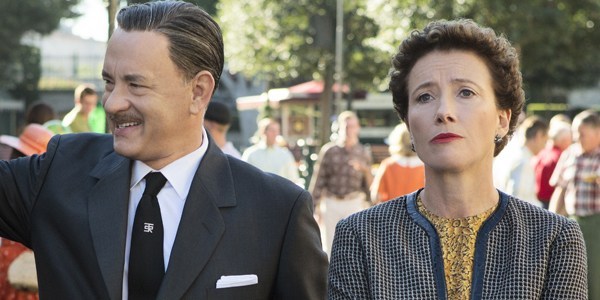
Let’s take a moment to step away from our rosy camera lens and examine the facts — for the moment, just those within the fiction of the movie. Walt Disney, after attempting to win the rights to Mary Poppins for twenty years, makes an explicit contract with Travers overproduction of the film. He concedes unprecedented levels of rights to her, desperate to produce it. She makes, at first, fairly reasonable demands regarding actor choices and use of animation (rather, lack thereof). Disney responds willingly.
Disney proceeds to subvert the agreement, admitting that he always gets his way and working behind Travers’ back to ensure that his wishes are fulfilled. When she realizes the extent of this breach, she refuses to cooperate further and abandons the production. He visits her and wheedles out a sob story in order to either form a deep emotional connection leading to mutual personal fulfillment or procure a new contract — one where she won’t have any influence. Of course, the truer motivation will remain a mystery.
Disney then creates the film directly contrary to many of Travers’ initial desires and specifications and refuses to invite her to the premiere. She attends anyway and cries while watching it. These are tears of redemption in Saving Mr. Banks, but they notably were not in real life.
Manufactured Reputation
Despite a very real and complex rivalry between the two real-life figures, in Saving Mr. Banks, everything Disney does against Travers’ wishes is selfless, benefits everyone, and turns out perfectly. He is confident without being arrogant and is always proven to be deserving of every ounce of his power and influence. The man is played by Tom Hanks, which speaks for itself.
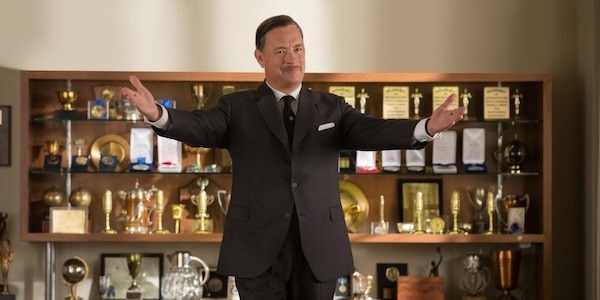
In a fictionalized conflict, it is natural to soften rivalries and exaggerate relationships. However, Saving Mr. Banks makes sure to spin this only in Disney’s favor, ridding him of any legitimately negative traits and giving him both emotional and practical agency over Travers. Shallow flaws are directed onto his character in order to make him seem human, while instead reinforcing his deeper immaculacy.
An uncritical viewer could easily accept this version of the narrative. And really, this wouldn’t matter much for most viewers: it is a trivial enough story with persuasive enough characters. But these strategies are not unique to Disney or fiction. One would be well advised to critically examine media about celebrities and historical figures, especially if they or those with a vested interest in their reputations had a hand in the making. Ultimately, it is better to take the glorification of a powerful figure with a grain of salt, rather than a spoonful of sugar.
What are your favorite reality-based films? Do you like to watch them as historical education or as alternate-universe fiction? Let us know in the comments!
Watch Saving Mr. Banks
Does content like this matter to you?
Become a Member and support film journalism. Unlock access to all of Film Inquiry`s great articles. Join a community of like-minded readers who are passionate about cinema – get access to our private members Network, give back to independent filmmakers, and more.
Join now!
